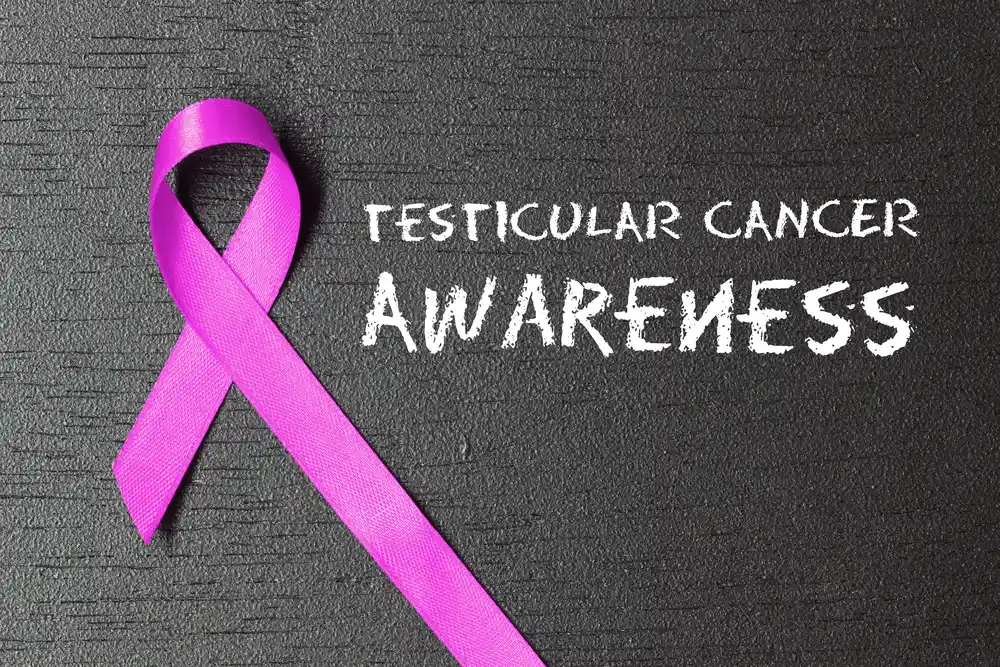Testicular cancer is a serious disease that affects thousands of men worldwide each year. It is a highly treatable cancer, but early detection is key to successful treatment. That’s why raising awareness for testicular cancer is so important.
By increasing our awareness and understanding of this disease, we can encourage men to take charge of their health and seek medical attention if they notice any symptoms.
Keep reading to learn more about the importance of raising awareness for testicular cancer -and how this can help save lives.
FAQ’s About Testicular Cancer
Testicular cancer is a serious disease that requires immediate attention and treatment. By understanding the basics of testicular cancer, men can take a more active role in their health and seek medical attention if they notice any symptoms or changes.
Here are the most frequently-asked questions about testicular cancer:
- What is testicular cancer?
Testicular cancer is a type of cancer that develops in the testicles, which are the male reproductive glands that produce sperm and testosterone.
- Who is at risk?
Testicular cancer is most commonly diagnosed in men between the ages of 15 and 35. Other risk factors include having a family history of testicular cancer, having an undescended testicle, and abnormal testicular development.
- What are the symptoms?
The most common symptom of testicular cancer is a painless lump or swelling in the testicle.
Other symptoms may include a feeling of heaviness in the scrotum, pain or discomfort in the testicle or scrotum, and a dull ache in the lower abdomen or groin.
- How is it diagnosed?
Testicular cancer is usually diagnosed through a physical exam, ultrasound, and blood tests. If a lump is found, a biopsy may be done to determine if the growth is cancerous.
- What are the treatment options?
Treatment for testicular cancer typically involves surgery to remove the affected testicle, followed by chemotherapy or radiation therapy. The specific treatment plan will depend on the type and stage of the cancer.
- What is the survival rate?
The average survival rate for testicular cancer is around 95% – if it’s detected early. Thus, the patient’s survival rate can vary significantly depending on factors such as the stage of the cancer at diagnosis and the effectiveness of treatment received.
- How can it be prevented?
While there is no surefire way to prevent testicular cancer, performing regular testicular self-exams can help with early detection. It is also important to seek immediate medical attention if you notice any unusual changes or symptoms in the testicles or scrotum.
The Importance of Raising Awareness for Testicular Cancer
April is testicular cancer awareness month, dedicated to raising awareness about testicular cancer, promoting early detection, and supporting those affected by the disease.
The significance of Testicular Cancer Awareness Month is rooted in the need to increase public knowledge about this often-overlooked form of cancer and promote the importance of regular self-exams and routine medical check-ups.

Regular self-exams, awareness, and early detection are key to successful healthcare treatment and a positive outcome. Our experienced providers here at Mason Park Medical Clinic in Katy, TX, are equipped to screen for disease so you can take control of your health and reduce the risk of testicular cancer.




